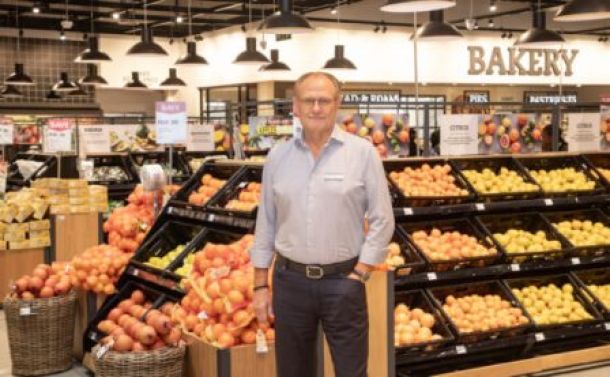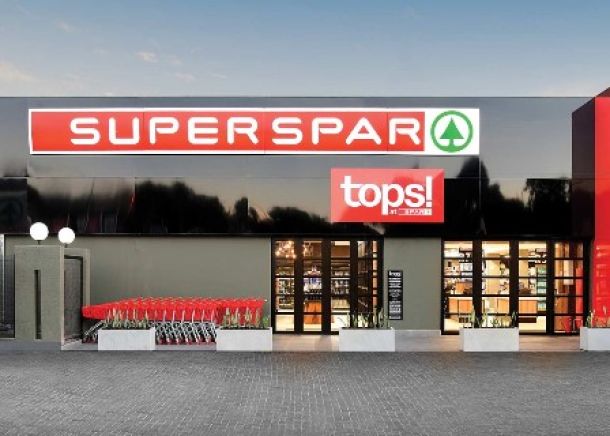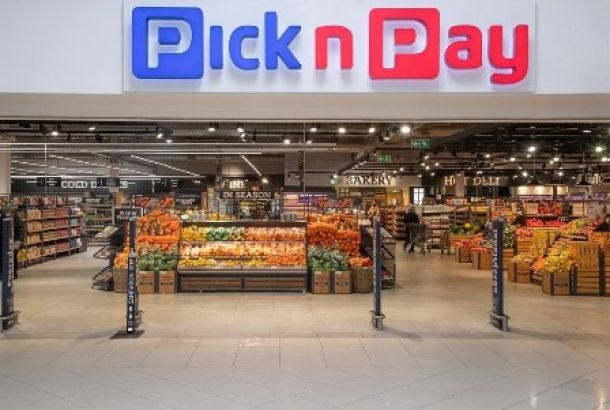Shoprite resilient despite rand, recession woes
Despite a constrained trading environment, Shoprite Holdings is healthy and doing well across multiple brands and regions, according to CEO Pieter Engelbrecht. The group announced the results for the year ended July 2 2017.
Shoprite pointed out that South Africa experienced a technical recession in the second half of the reporting period, putting further pressure on the already price sensitive consumer. Its business on the rest of the continent was impacted by various factors, such as slowing economies, lower commodity prices and forex shortages.
The group recorded an exchange rate loss of R236m against a loss of R46m in the corresponding period.
The weakening of most currencies against the rand also impacted turnover. The Nigerian naira, for instance, devalued 22.7% against the rand.
The key information provided is for a 52-week period, compared to 53 weeks of the preceding financial year. It has been restated for a change in accounting policy with respect to the treatment of advertising rebates. Therefore, the comparative unaudited figures for the restated 52 weeks are also given.
Shoprite Holdings saw an increase in trading profit 11.6% to R8bn compared to the previous financial year. For the 52 week period, the increase in trading profit was 15.7%.
Diluted headline earnings per share rose 11.9% - from 900.3 cents to 1 007.4c over the 53-week period and by 16.1% from 867.6c compared to the 52-week period.
Earnings before interest, tax, depreciation and amortization (Ebitda) increased by 6.8% - from R9.4bn to R10bn for the 53-week period and by 8.9% from R9.2bn compared to the 52-week period.
The dividend per share declared at 504c is an increase of 11.5% over the 452c of the corresponding period.
Strong results
According to Engelbrecht, the group performed well with turnover growth of 8.4% from R130bn to R141bn for the 53-week period and 10.6% for the 52-week period.
The core South African supermarket operation, which represents 72% of total sales and 79% of trading profit, recorded sales growth of 8.0% (52 weeks: 10.5%) in what he describes as a tough operating environment.
It had a gain in annual market share to 31.9%, according to Engelbrecht. He pointed out that internal food inflation averaged 5.9% compared to official food inflation of 10%.
"We have shielded customers from R1.8bn of potential additional expenses, had our prices tracked inflation," said Engelbrecht.
The group's supermarkets outside of South Africa - in 14 countries in Africa and the Indian Ocean Islands - continued to perform well, generating a 11.7% increase (52 weeks: 13.5%) in turnover. Turnover growth was 31.6% (52 weeks: 33.8%) at constant currencies. According to Engelbrecht it remains strong although at a lower rate than the previous year.
The Group continues to open new stores and was trading from a total 2 689 outlets in 15 countries at the end of the reporting period. More than 6 000 new positions were filled over the past year and the total staff complement rose to 143 802 employees. According to Engelbrecht the group is the largest South African employer in the private sector.
"We believe there is room for further growth as we continue to improve efficiencies and profitability both in SA and beyond the country's borders. We made progress on all our strategic priorities, which include an increased focus on our upmarket fresh product offering, increasing private label participation as well as the strengthening of our franchise offer and footprint expansion," said Engelbrecht.
Steinhoff
Bloomberg reported on Tuesday that the earnings are the first to be reported by Shoprite since fellow retailer Steinhoff agreed to buy a 22.7% stake as part of the planned listing of its African assets including clothing chain Pep.
This will be the first step taken by billionaire Christo Wiese, who chairs and is the largest shareholder in both companies, in combining his interests in the retail giants. A previous plan was called off in February.
Damon Buss, an analyst at Electus Fund Managers in Cape Town, told Bloomberg that they don’t really see the synergies between food and furniture and more information is needed on how these benefits are found.
“We also have questions about the difference in strategy between the two companies with Shoprite having been more organic growth traditionally and Steinhoff more acquisitive growth,” said Buss.
The shares fell the most in almost four months on July 18 after Shoprite reported weaker second-half sales growth partly due to a slowdown in stores beyond its home market. By mid-morning trade on Tuesday, the Shoprite share price was up 2.24% to R205.50.
News Category
- International retailers
- On the move
- Awards and achievements
- Legislation
- Wine and liquor
- Africa
- Going green
- Supplier news
- Research tools
- Retailer trading results
- Supply chain
- Innovation and technology
- Economic factors
- Crime and security
- Store Openings
- Marketing and Promotions
- Social Responsibility
- Brand Press Office
Related Articles

Pick n Pay plunges 16% on JSE as stock adjusts ...

SPAR suffering from a hangover

Pain for Pick n Pay

Pick n Pay disaster


